The Zimbabwean government has announced its intent to pay an initial sum of $20 million to foreign white and local black farmers whose farms were taken under Robert Mugabe's rule as President. The land invasions in which untrained locals–oftentimes connected to the ruling ZANU-PF party–took up residence on farms and ousting their owners, hastened the country's economic collapsed and brought on a devastating famine in the early 2000s.
What You Need to Know
Finance Minister Mthuli Ncube announced the compensation package as part of the nation's 2024 budget, with 400 black farmers set to benefit as well as foreigners from Germany and Belgium, among other nationalities.
Despite this package, 4,000 white Zimbabwean farmers are still waiting to receive funds from another compensation deal announced in 2020, totalling $3.5 billion.
The lack of payment is in part due to the nation's spiraling debt crisis as well as the floundering currency 'ZiG' or Zimbabwe Gold, which attempted to solve the nation's currency crisis through the introduction of a gold-backed currency. Nevertheless, ZiG has continued to tank, with 80 percent of informal transactions in the country conducted in US dollars.
The Details
A land reform policy implemented by President Canaan Banana in the 1980s continued under the reign of Robert Mugabe, with farm invasions becoming increasingly violent under his tenure. Mugabe claimed the policy sought to alter the ethnic balance of land ownership.
The policy quickened the nation's economic collapse, leading to hyperinflation, starvation and famine in the mid-2000s. With violence accompanying the land grabs, many regional workers were left without employment, which further fueled the unemployment crisis. By July 2020, inflation in the country had reached 737 percent.
Three years ago, the Zimbabwean government and approximately 4,000 white farmers whose lands were taken had agreed to a $3.5 billion financial settlement. Unable to fulfil the payment, the government attempted to overcome the deadlock by announcing its intent to use treasury bonds in place of cash for the payment.
Earlier this month, the nation's Minister of Environment, Climate, and Wildlife, DR. S. Nyoni announced her ministry's intent to cull 700 elephants in order to feed the meat to the country's rural poor.
Heavily impacted by El-Niño, Zimbabwe is experiencing its worst drought in 40 years, with 7.6 million citizens living with acute food shortages.
When asked about the Convention on International Trade in Endangered Species of Wild Fauna and Flora (CITES), an international agreement among 180 governments, including Zimbabwe, to regulate or ban international trade in species under threat Nyoni noted, "We would sell our elephants or our ivory like yesterday, but CITES is a convention of many countries. We cannot make our own decisions."
So, What Now?
Hunger remains a threat in the country, and coupled with low agricultural output, brought on through Banana's and Mugabe's disastrous land reform policies, it will be many years before the once 'bread-basket of Africa' is producing at its historical levels.
However, Minister Ncube's attempts at rectifying historical wrongs does illustrate a desire to bring Zimbabwe back onto a path of prosperity.



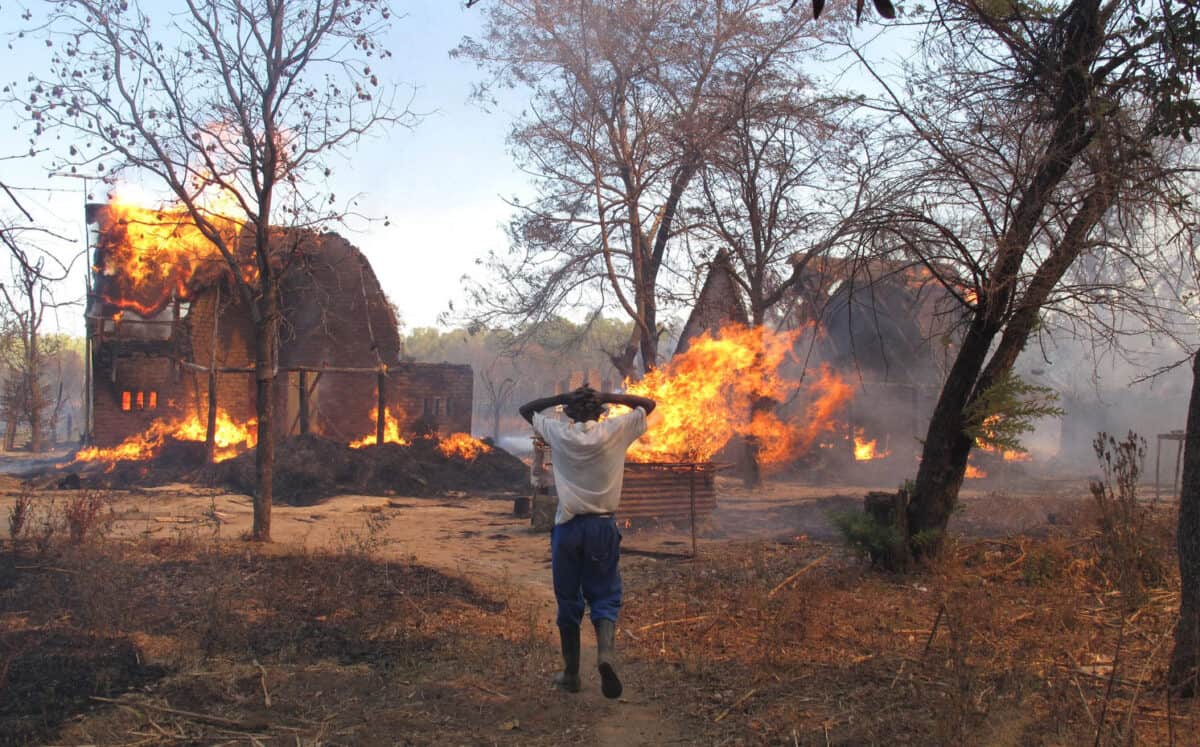




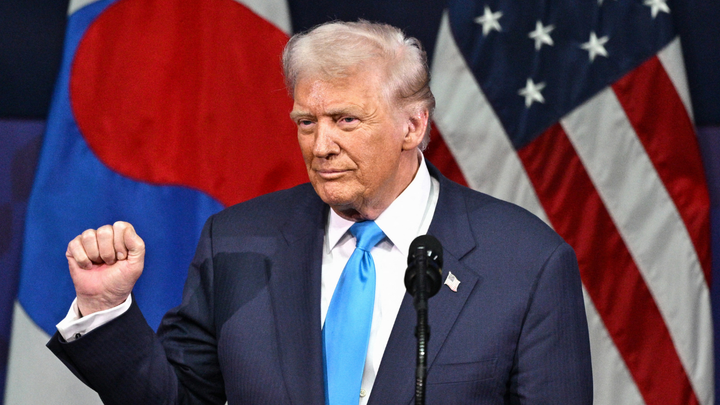


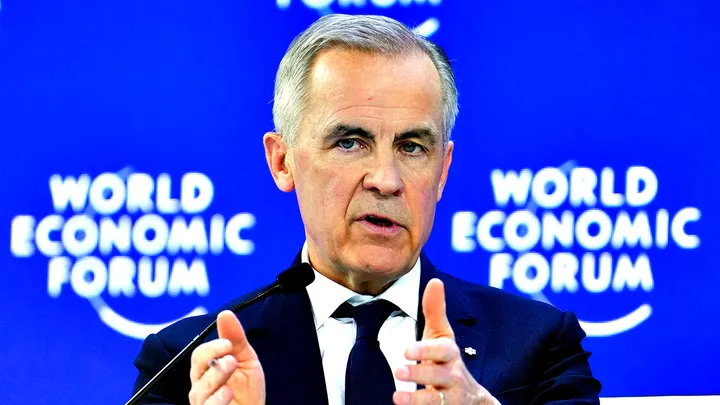

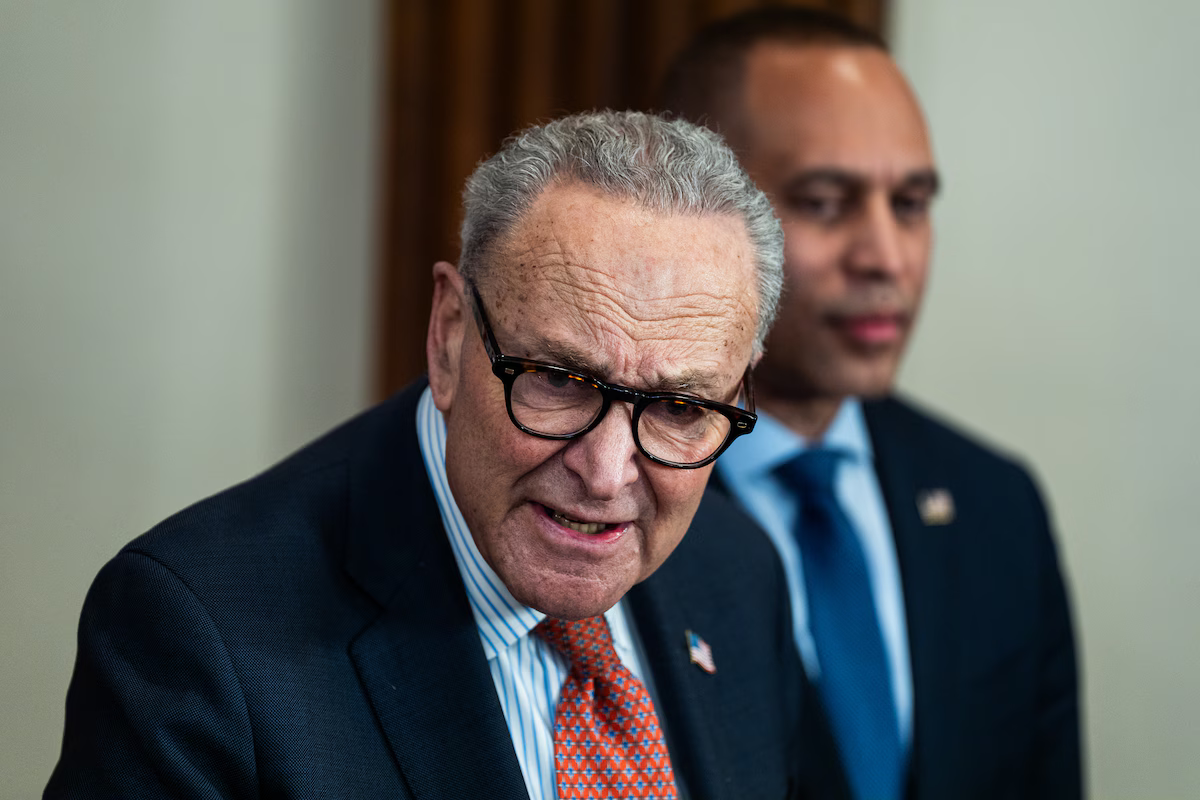
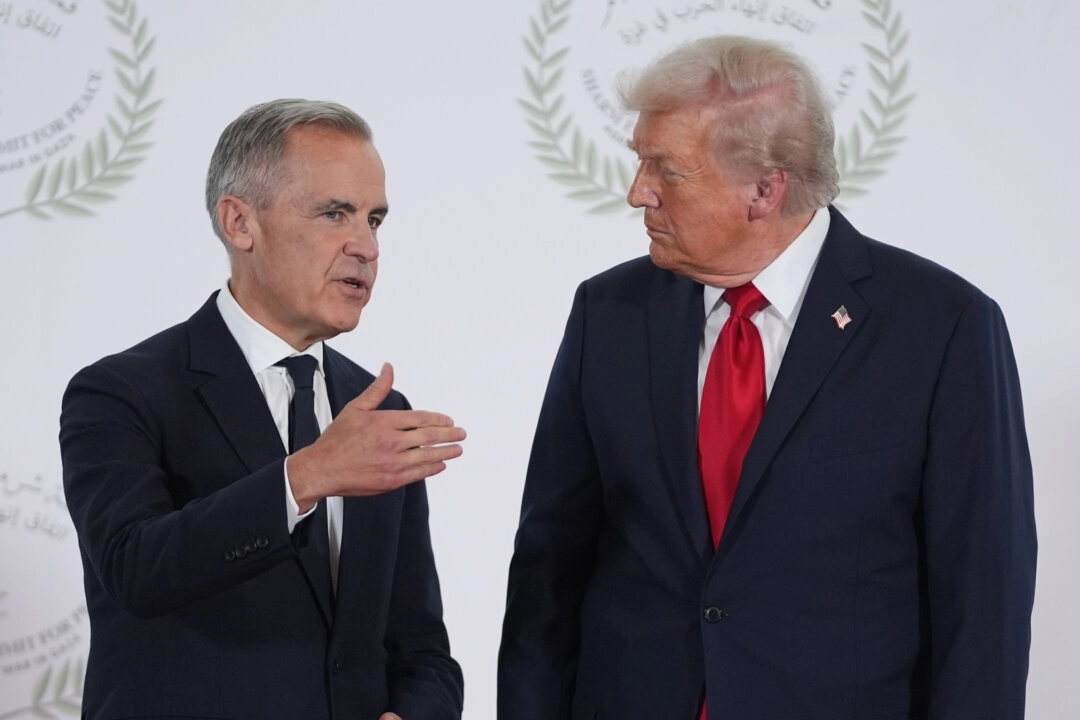
Discussion